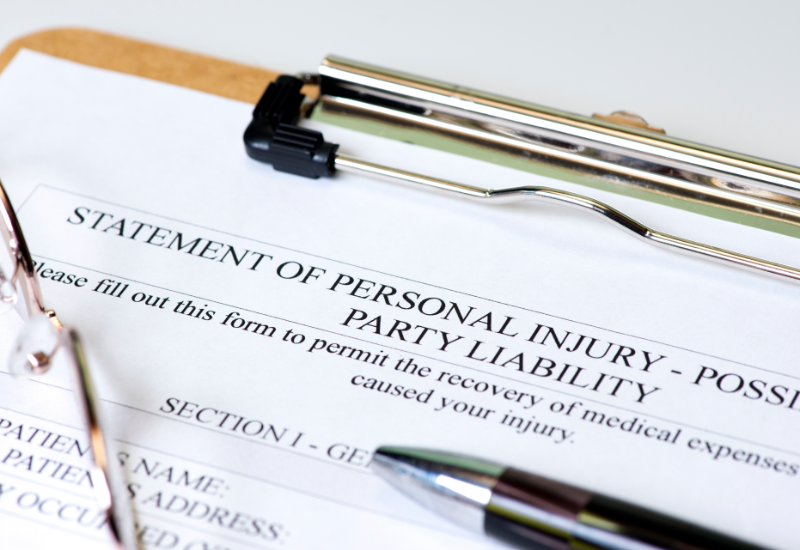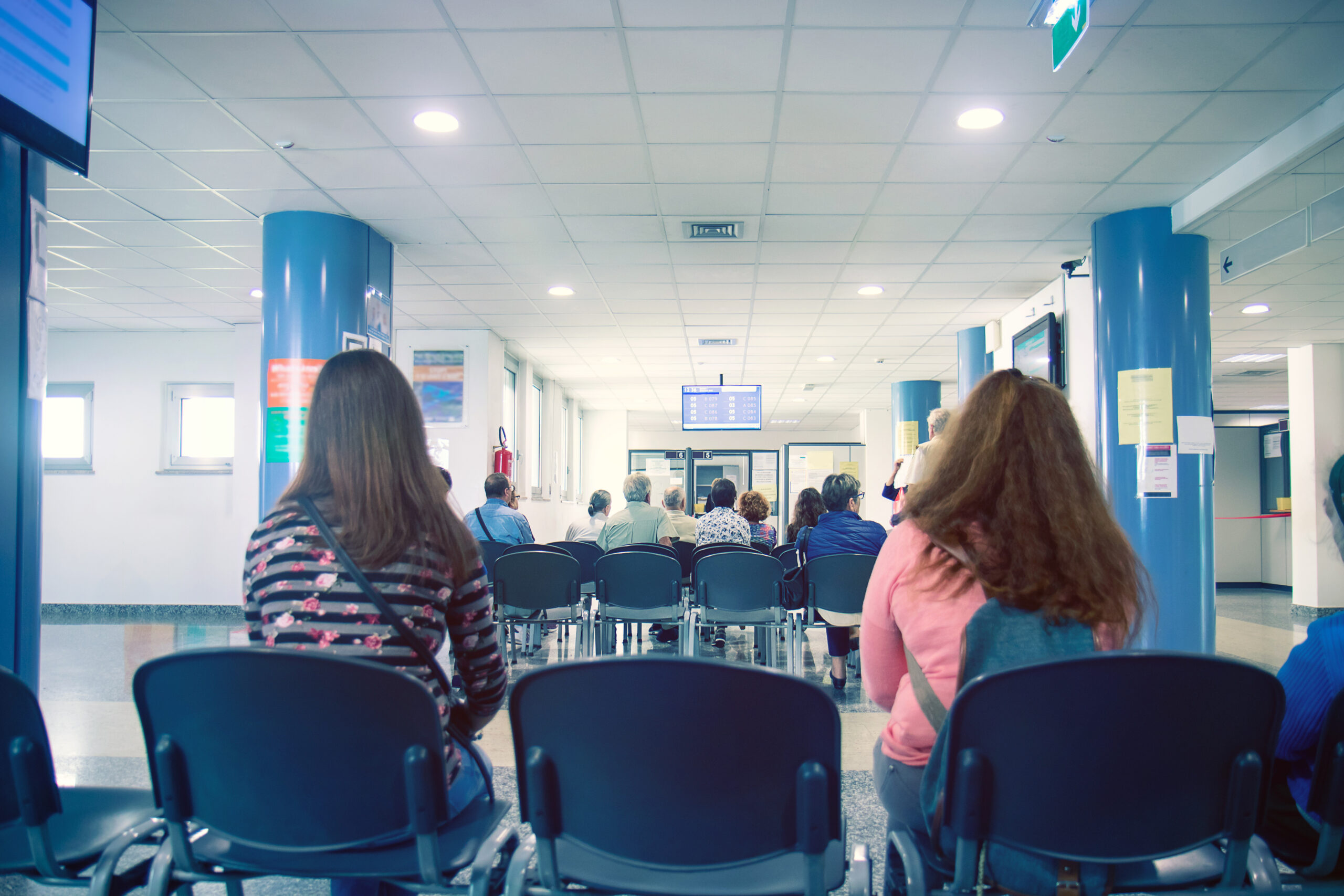What are provisional damages in personal injury claims and how can you safeguard future risks?

James Braund, serious injury Partner dealing with personal injury and clinical negligence claims, examines when claims can be “left open” for specified future risks in certain circumstances.
Full and final damages
Usually in injury claims, any settlement or award is “full and final”, which means that whatever is agreed or ordered is the final position and a claim cannot be reopened at a later date, even if unexpected issues arise or matters deteriorate. This is often why it is so important to obtain comprehensive expert medical evidence dealing with a person’s prognosis. The exception to this situation is where provisional damages are included in any settlement or award.
Provisional damages
In some cases (pursuant to section 32A of the Senior Courts Act 1981 and section 51 of the County Courts Act 1984), the Court has discretion and can make an order for provisional damages. The Court can do this if it is satisfied that there is a ‘measurable rather than fanciful’ chance of the person developing a future disease or deterioration and that, if this happened, it would be sufficiently serious.
It is important to note that any particular future disease or deterioration must be specifically set out in a Court order at the time of settlement or award of the initial claim. Things cannot be just left open for any disease or deterioration.
In these claims it is very important for cogent and comprehensive expert medical evidence to be obtained to properly set out the future disease or deterioration, the percentage risk of the same and the potential severity of the condition if it does arise.
Common occurrences
Provisional damages most commonly arise in similar types of case, where future risks of issues are often highlighted due to the nature of the initial injury. In particular:
- Brain injuries: It is generally recognised that some brain injuries can lead to an increased risk of epilepsy and this has often been included in cases by way of provisional damages. Some research has also suggested that such injuries can lead to an increased risk of dementia.
- Spinal cord injuries: In some spinal cord injury cases there can often be future risks of very serious complications, such as syringomyelia, which often need to be considered.
- Catastrophic orthopaedic injuries:Sometimes with these injuries there will be a future risk of amputation which will need to be factored into a claim. Amputation claims in themselves can give rise to a significant amount of potential therapy and aids/equipment.
- Asbestos related conditions: Claimants in some asbestos related conditions, such as pleural thickening, will often have a future risk of future more serious conditions such as asbestosis, mesothelioma or asbestos related lung cancer.
Comment
James Braund, Partner at Trethowans, comments “In many ways provisional damages can be to the benefit of both parties. Provision can minimise the risk of a claimant being overcompensated for a condition that may never arise but equally mean that (if it did arise) the claimant would be fully compensated for the same. However, at times, we have seen that parties can sometimes prefer to still settle on a final basis (even when there is a potential future risk), often as they wish to seek closure. The best course of action for a party will depend upon the exact nature of the situation and how serious or likely the risk may be.”
James added “At Trethowans we regularly deal with provisional damages claims and are very experienced in advising clients in relation to this. We also understand the need to apply such issues to the individual case and client, together with their attitude towards risk and own personal circumstances. In such cases, we instruct specialist medical experts to report on the issues, so that clients are properly informed and provisional damages can be pursued, if appropriate.”
For more information about how we can help you make a personal injury claim, please contact us to book a free consultation today.
_____________________________________________________________________________________
Disclaimer
This information is intended for general informational purposes only and does not constitute legal advice. We recommend seeking professional advice before taking any action on the information provided. If you would like to discuss your specific circumstances, please feel free to contact us on 0800 2800 421.













